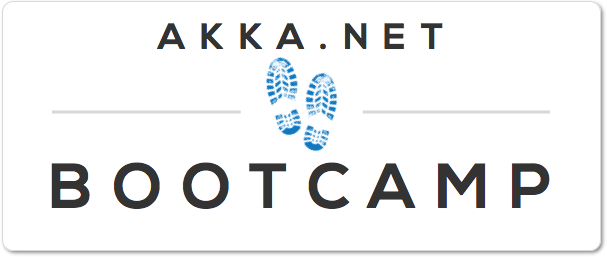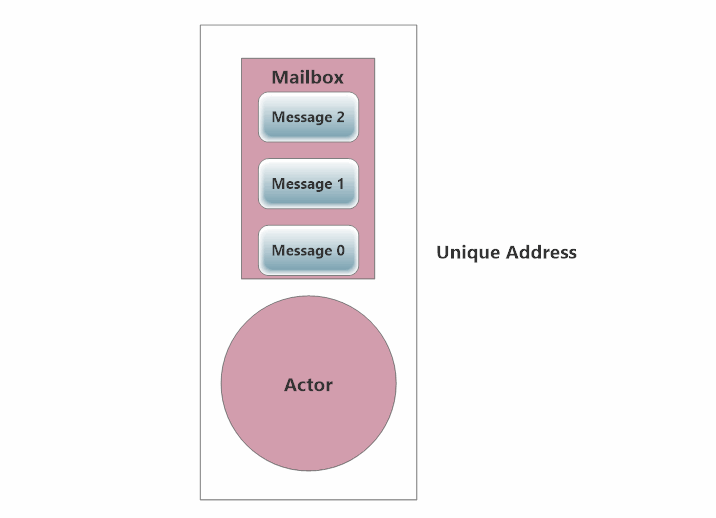
Last week, Wired ran an article called “What Happens When Apple Buys a Company You Depend On?,” which tells the story of how FoundationDB was acquired by Apple and subsequently threw their customers under the bus.
This is a developer’s worst nightmare. The realization of their worst fears when they choose a technology to build on top of.
Imagine yourself in this scenario: you took a chance on a product or open-source project, invested time with your team to learn what it is and how it works, and figured out to use it to further your mission. You counted on it to be reliable, and wanted it to power your systems for years to come.
And then it gets abandoned, discontinued, or re-licensed, and all your work that depends on this technology is lost.
Anyone whose production systems depend on FoundationDB today is going to have to spend real dollars and real hours replatforming off of it. That’s time and money they could be investing into new development, but instead those resources have to be used to recover. That sucks.
How else could this acquisition occurred, assuming that Apple has no interest in continuing work on FoundationDB?







